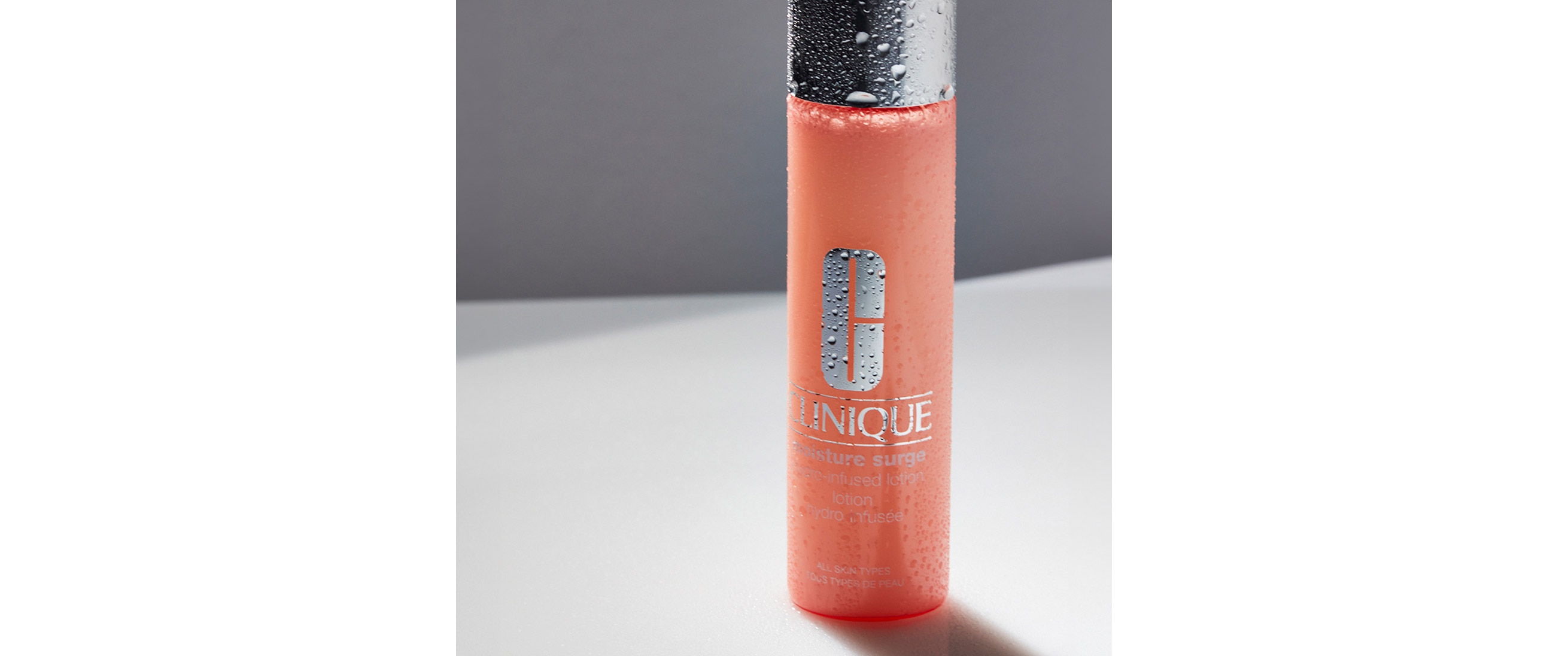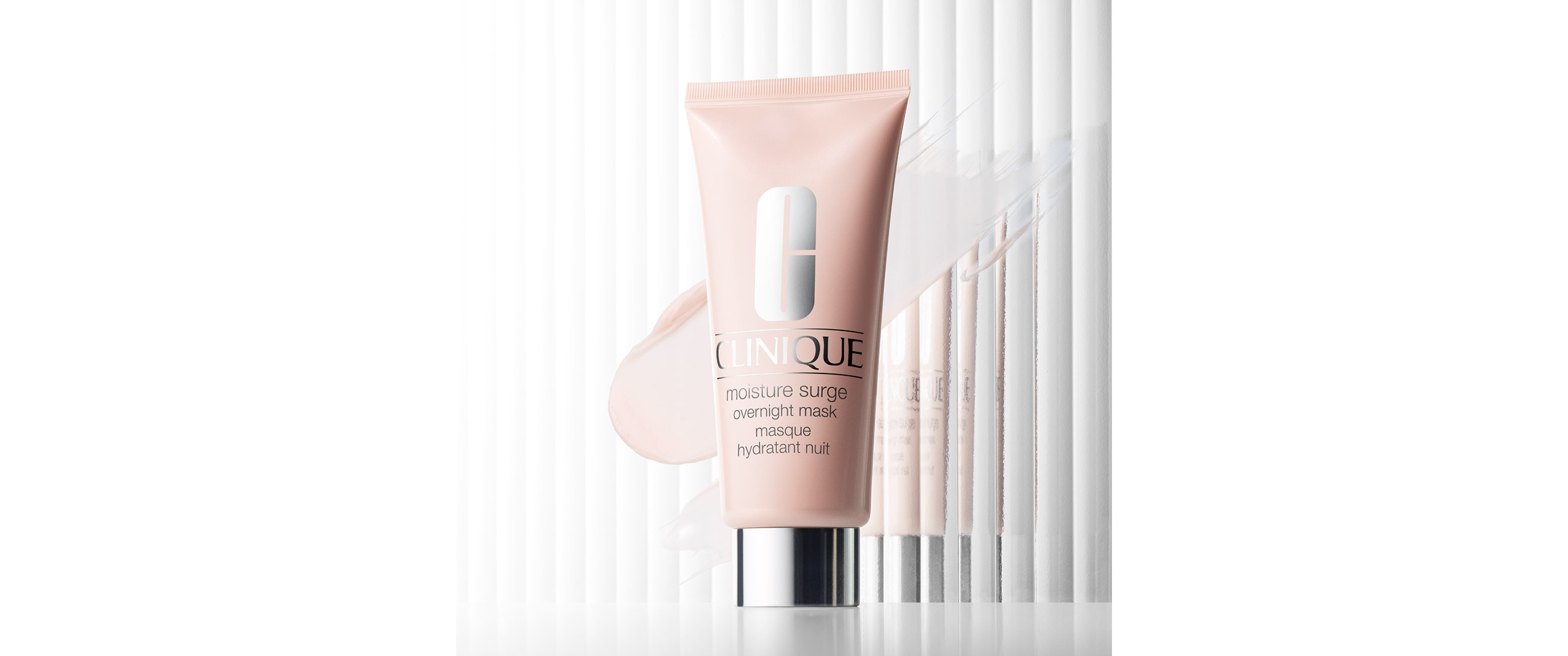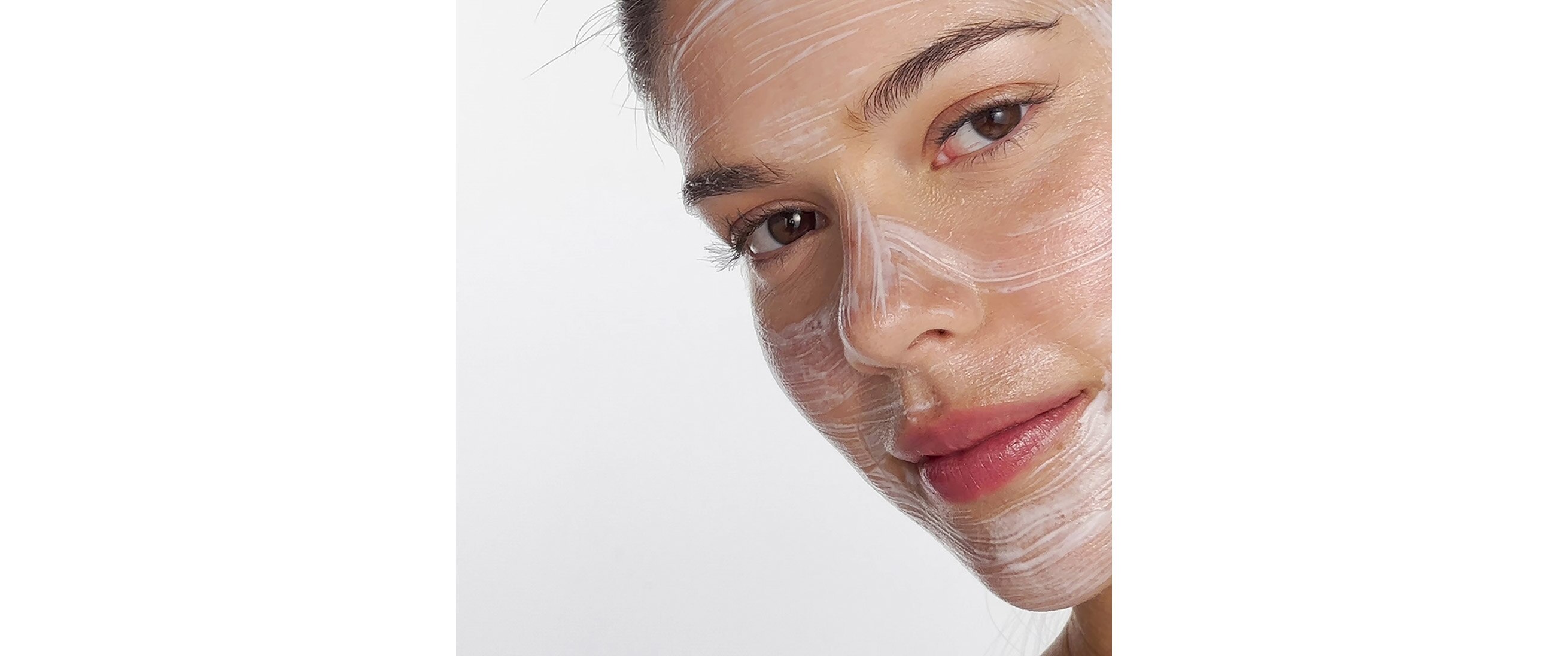Slugging is another beauty trend that's become a popular skincare hack on many social media sites. Just because beauty influencers with a ton of followers show you how to do a new beauty technique doesn't mean it's sanctioned by board-certified dermatologists. Luckily, this “TikTok made me try it" skincare technique can be great for dry skin.
So, what is slugging in skincare? Do experts recommend this moisturising skincare trend? And what does it have to do with slugs?
What does slugging mean?
Skin slugging involves applying an occlusive agent — usually petroleum — onto skin at night to provide additional moisturising benefits. The definition of slugging means different things to different people but simply put, when you apply a heavy-duty moisturiser onto the skin at night and get a slimy, slug-like coating (yes, that's where the slugging skin name comes from) you lock in moisture. The thinking is that you'll wake up with soft, dewy, hydrated skin in the morning.
At Clinique, we're all about taking care of your skin by protecting it and strengthening the moisture barrier. And we want you to wake up with healthy, hydrated skin thanks to an evening moisturiser routine.
However, the products you use to replenish skin should be carefully considered. Some people think slugging requires petroleum (or other products with petrolatum) to the skin to seal the skin barrier off and prevent moisture from evaporating from the skin while you sleep.
While this might have hydrating skin benefits for some, this ingredient isn't necessarily suitable for all skincare types—especially those with oily skin that's prone to clogged pore and acne.









